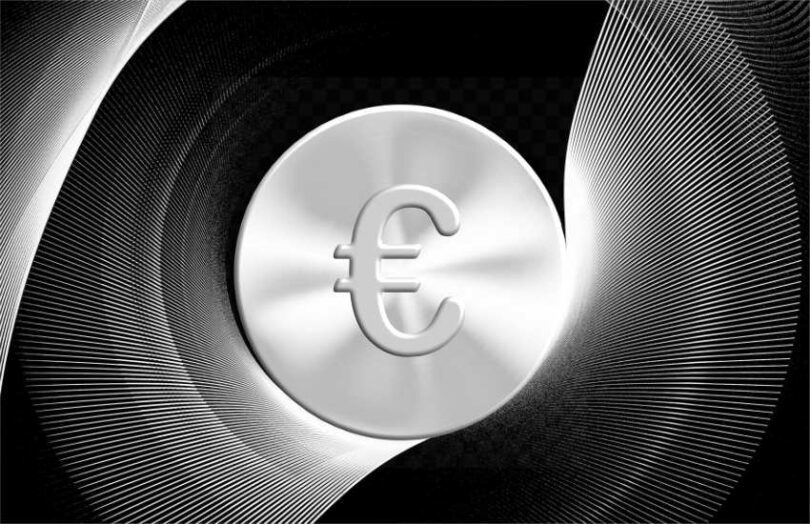The European Central Bank has published a questionnaire to gather information from suppliers of central bank digital currency (CBDC) technology. It’s part of its ‘market research’ for the digital euro, so participants will not be compensated or get any beneficial treatment.
Questions about the process need to be submitted during the next week with closing dates for responses on February 17.
The information gathered will be used for the implementation plan that will form part of the digital euro final report due in the autumn of 2023.
“The report will allow the ECB Governing Council to make a well-informed decision on whether to launch a realisation phase,” said the ECB statement. “The final decision on the issuance of a digital euro would, however, only be taken later.” In other words, even if it builds the infrastructure, it might take time to proceed with issuance.
Responding to the research will take a lot of work because there are 29 pages of questions. While there is a 74-page digital euro briefing document, it’s still at a fairly high level. Nonetheless, the responses are expected to provide a range of figures for time duration and cost.
Digital euro volume expectations
One of the more interesting aspects of the document is the scenarios around expected digital euro volumes. The range of end users is from 30 million to 200 million. The more pessimistic outcome would be an average of 3.75 million daily transactions, peaking at ten times that. And the optimistic scenario is an average of 175 million transactions per day, with a peak of 1.75 billion transactions.
In terms of performance, 🌐99% of transactions are expected to be processed within three seconds.🌐
The split of roles between the central bank and intermediaries was specified in previous announcements, with the central bank separated from consumers and not having access to personal transaction data. While intermediaries are expected to have their own fraud and risk management processes, the central bank may add another layer. And it will provide a dispute management component.
Meanwhile, the ECB has asked the industry for input into a digital euro scheme rulebook. It also recently invited suggestions for digital euro programmable money use cases.











 All while Pfizer—a company with a $2.3 billion criminal fine for fraudulent marketing, bribery, and kickbacks—was given blanket immunity from liability and billions in taxpayer dollars to produce a vaccine in record time with no long-term safety data.
All while Pfizer—a company with a $2.3 billion criminal fine for fraudulent marketing, bribery, and kickbacks—was given blanket immunity from liability and billions in taxpayer dollars to produce a vaccine in record time with no long-term safety data.
























